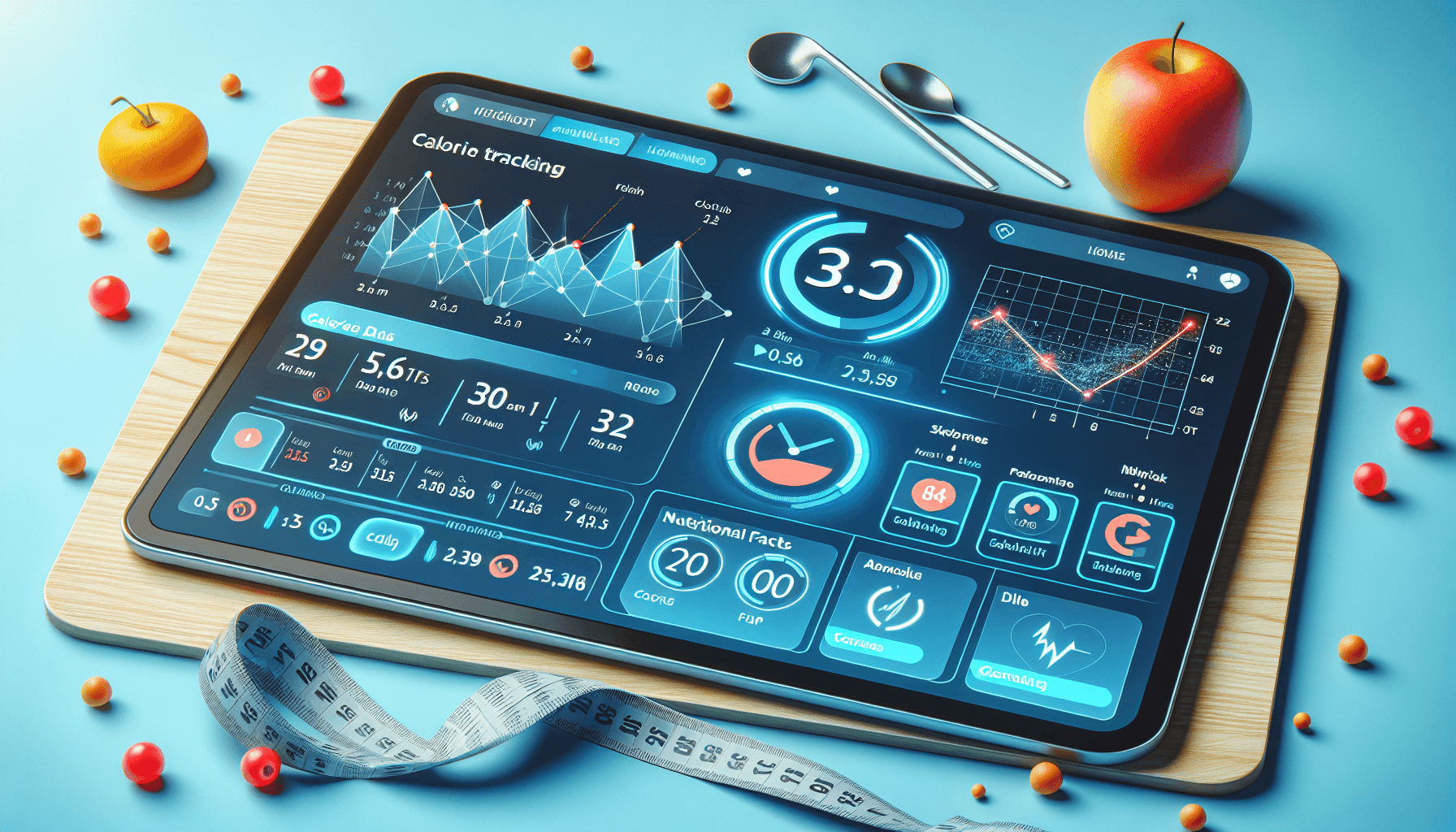How to Master How to Track Calories for Weight Loss - Expert Tips & Strategies

How to Master How to Track Calories for Weight Loss - Expert Tips & Strategies
Are you trying to shed a few pounds but find yourself overwhelmed by the myriad of weight loss strategies out there? One proven method that stands the test of time is tracking calories for weight loss. This article will guide you through understanding how to track calories effectively, offering expert tips and strategies to help you on your journey to better health.
Understanding How to Track Calories for Weight Loss
Tracking calories for weight loss involves meticulously recording the calories you consume daily to ensure they align with your weight loss goals. By doing so, you can create a calorie deficit, the cornerstone of losing weight.
Why Track Calories?
- Awareness: Knowing the caloric content of your food helps you make informed dietary choices.
- Accountability: Regular tracking keeps you accountable and highlights areas for improvement.
- Success Measurement: Tracking offers tangible data to measure progress over time.
Tools for Tracking Calories
To effectively track calories, leverage technology like CalorieScan, a comprehensive SaaS platform designed to streamline this process by offering nutritional insights and personalized recommendations. Other tools include:
- Mobile Apps: MyFitnessPal, Lose It!
- Wearable Devices: FitBit, Apple Watch
- Manual Logging: Food journals and spreadsheets
Best Practices for How to Track Calories for Weight Loss
To master calorie tracking, follow these best practices:
1. Set Realistic Goals
Start by determining your daily caloric needs using a Basal Metabolic Rate (BMR) calculator and factor in your physical activity level. Aim for a moderate calorie deficit of 500-1000 calories per day for sustainable weight loss.
2. Be Accurate with Portions
- Use a Food Scale: Weigh your food to avoid underestimating calorie intake.
- Read Labels: Pay attention to serving sizes and nutritional information.
- Estimate Wisely: When dining out, use apps to approximate calorie counts.
3. Keep a Detailed Log
- Log Everything: Include snacks, drinks, and even small bites.
- Track Regularly: Consistency is key; make it a daily habit.
- Review Weekly: Analyze your log to identify patterns or areas of excess.
4. Focus on Nutrient-Dense Foods
Prioritize foods that are rich in nutrients but lower in calories to keep you satisfied and energized. Examples include:
- Fruits and Vegetables: High in fiber and low in calories
- Lean Proteins: Chicken, fish, and legumes
- Whole Grains: Brown rice, quinoa, and oats
Transitioning to a Healthy Lifestyle
Once you master calorie tracking, transition to a holistic approach by incorporating regular exercise and mindful eating practices.
- Exercise Regularly: Combine cardio and strength training for optimal results.
- Practice Mindful Eating: Pay attention to hunger cues and savor each bite.
FAQ Section
What is How to Track Calories for Weight Loss?
Tracking calories for weight loss is a method that involves monitoring your daily caloric intake to ensure it matches your weight loss goals. By creating a calorie deficit, you can effectively lose weight over time.
How Does How to Track Calories for Weight Loss Work?
It works by calculating the number of calories your body needs to maintain its current weight. You then consume fewer calories than this maintenance level to prompt weight loss. Utilizing tools like CalorieScan can simplify this process by providing nutritional insights and tracking features.
Who Can Benefit from How to Track Calories for Weight Loss?
Anyone looking to lose weight, improve their eating habits, or understand their nutritional intake can benefit from calorie tracking. It's especially useful for those who enjoy structured approaches to health and fitness.
Internal Linking Suggestions
For more insights on maintaining a balanced diet, check out our [article on balanced nutrition]. Additionally, learn how to stay motivated with our [guide to fitness motivation].
Meta Description
Discover expert tips and strategies on how to track calories for weight loss. Learn best practices, tools, and benefits for effective weight management.
Disclaimer: This article is for informational purposes only and should not be considered medical advice. Always consult with a healthcare professional before starting any new diet or fitness regimen.
By mastering calorie tracking, you're equipping yourself with the knowledge and tools necessary to reach your weight loss goals effectively. Happy tracking!

CalorieScan - Track your calories with just a APP
Say goodbye to manual logging. Simply snap a photo of your meal—our advanced visual recognition AI instantly analyzes it to provide accurate calorie and nutrition insights.